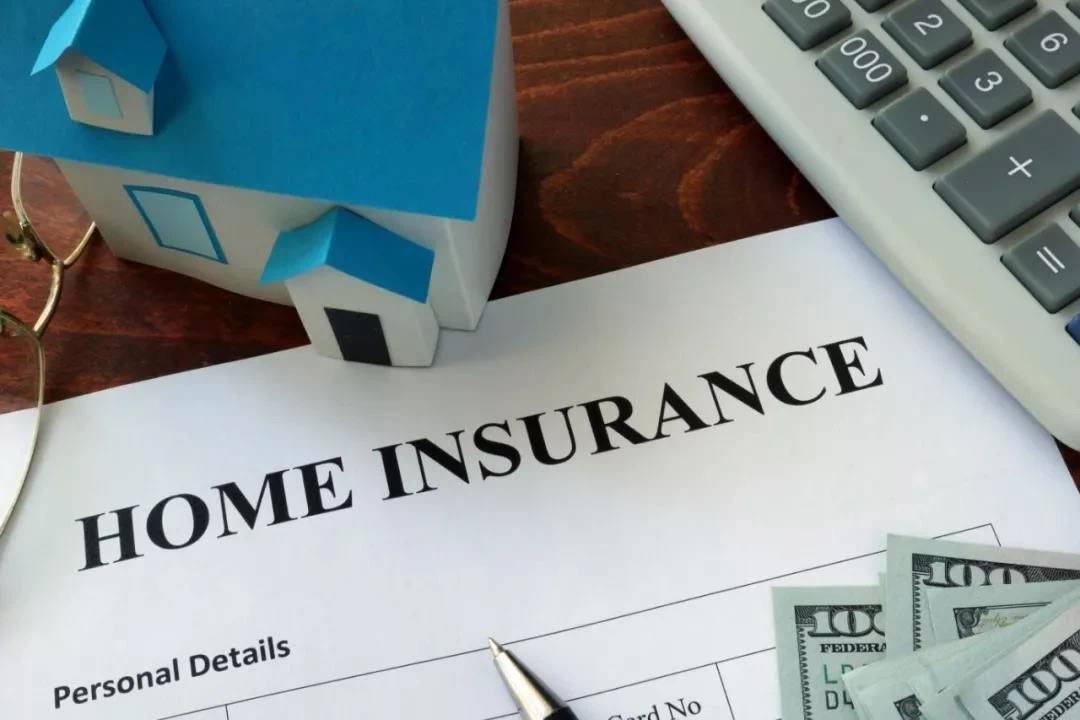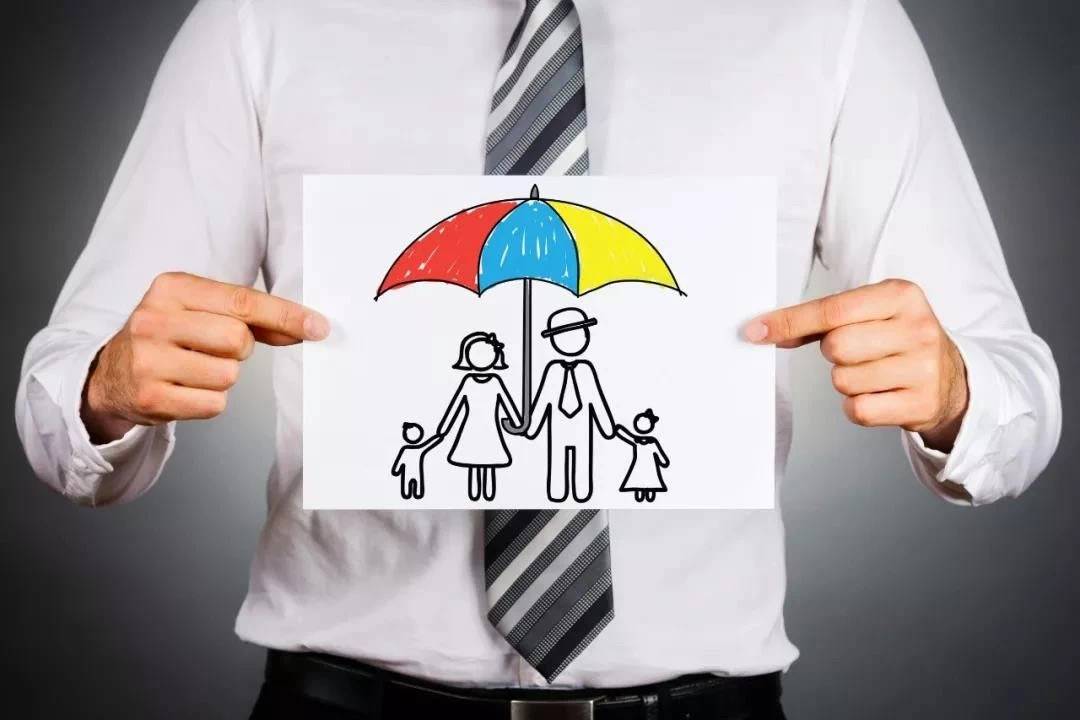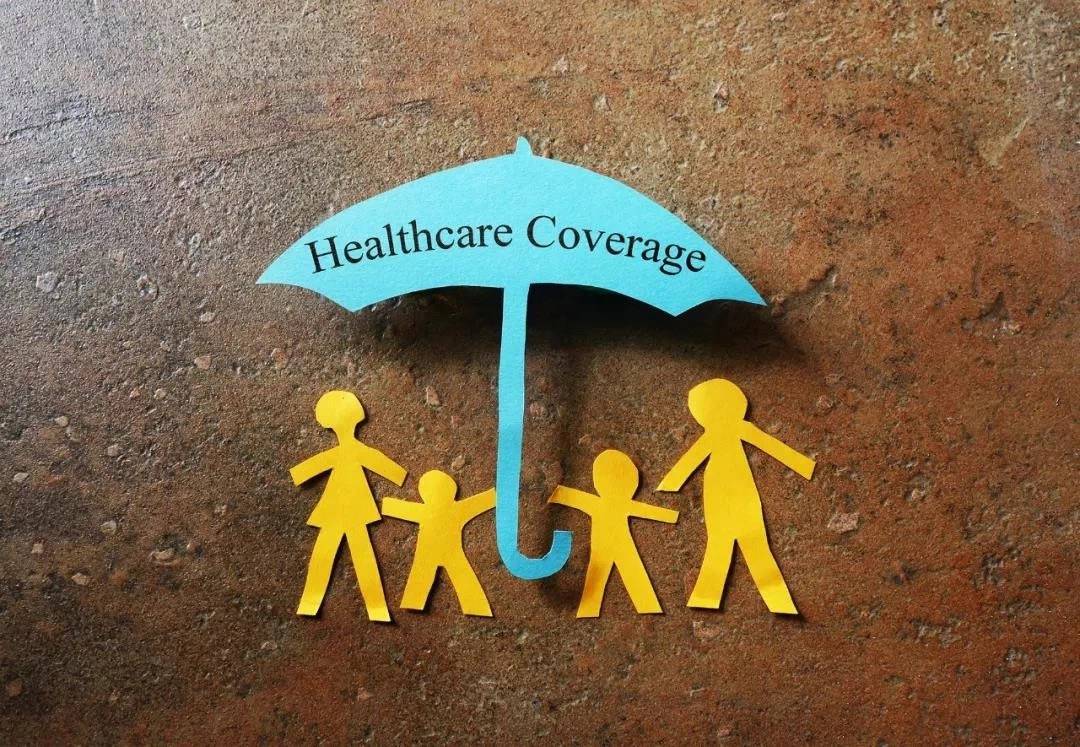Since the birth of the baby, he has been in his life [as if he suddenly had a soft rib], eager to protect him 360 degrees.
In the process of raising children, there are always all kinds of uncertainties and worries: what should children do if they encounter accidents? What if the child is seriously ill?
Every time the media broke out incidents like Luo Yixiao and Wang Fengya, which were found to be seriously ill, many parents began to play drums in their hearts: Why don’t you buy insurance for your children?
However, don’t insure your children easily before you do your homework well. Why?
Insurance products are numerous and complicated, and many sales are full of hype. Parents are easily led by the nose and fall into various huge pits if they are not careful.
This insurance will last for more than ten years or even decades, with thousands or even tens of thousands of expenses each year. We must be cautious.
I have summed up the four pits that parents are most likely to step on when buying insurance for their children.
Jukeng 1: Buying insurance for children is the most important thing! Children are the hope of the family!

When it comes to buying insurance, parents think of their children first, and many insurance sales will take this mentality of parents to persuade their parents to buy insurance for their children.
However, we have neglected one point: the health and safety of parents are the greatest protection for babies.
If the child is ill and has an accident, the parents can continue to work to make money to ensure life and disease treatment, but in case the parents fall down and the income is gone, who will ensure the normal operation of the family economy?
The right choice: first protect the big, then protect the small.
Before buying insurance for children, one must first consider whether the family [breadwinner] already has sufficient protection.
If only one person is bought, then this person is definitely not a child, but a parent.
At the same time, I would like to remind everyone that when insuring the baby, they can focus on the clause of [exemption of the insured].
[Policy-holder Exemption] refers to the fact that in the event that the policy-holder (guardian) suffers from serious illness or accident, the insurance company can waive the subsequent premium, and the insured can continue to enjoy the protection listed in the policy.
That is to say, in case of an accident to parents, the children will not have to pay any money and will always enjoy the financial security provided by the insurance company.
Limited money is more important to use on the cutting edge.
Jukeng 2: Buy Financial Insurance! Safeguarding peace and benefits!

Eva is the heart of the whole family. As soon as the child is born, every parent wishes to arrange everything.
However, on consideration, this glistening money will have to be spent for more than ten years without [returning to the original capital], and many parents will hesitate again.
If the salesperson said at this moment, buy a financial insurance, not only to protect the children’s safety, but also to have benefits! Is it very exciting to be able to cover children from birth, school to marriage and old-age care?
But the truth is not that simple.
Savings insurance, education fund and other insurance under the slogan of “financial management” are mainly characterized by high premium and low amount of insurance. As a guarantee product, they are very chicken ribs.
That is to say, when the child is ill and has an accident, this insurance will not help or compensate much, but if it is used as a financial product, the income will not be as high as the bank’s deposit interest.
I really don’t have anything.
The correct choice: first guarantee, then financial management.
When you buy baby insurance, you only need to consider the guaranteed products. The guaranteed insurance, such as general insurance, accident insurance, major disease liability insurance and medical expense reimbursement insurance, is the type of insurance that can really be guaranteed.
Under the condition that the insurance coverage is complete, financial management will be considered again.
Jukeng 3: This insurance is only available for XX days! If you miss it, you can’t buy it!

Our insurance is limited in time, and if the activity expires immediately, we will lose if we don’t buy it!
Our insurance has been bought and XXX can be sent. The number of places is limited!
In order to promote products, some salespeople will blow up their insurance and use this [it’s too late to buy it] trick to stimulate parents to place orders quickly.
This kind of behavior is completely deceiving parents, buying insurance, and avoiding [rushing to the doctor in case of illness].
The correct approach: demand-oriented, not following the trend.
For the same type of insurance, the products of different companies are not very different.
Take critical illness insurance as an example. In mainland China, all insurance clauses must comply with < < Critical Illness Insurance’s Standards for the Use of Disease Definitions > >, and insurance products will be filed with the Bank of China Insurance Regulatory Commission.
Although the rates are different for each family, the coverage of the same type of insurance is the same.
Therefore, it is really not necessary to be fooled by the [time limit] [limited limit] of the sellers. It is better to spend more time and choose a company with a better reputation, which is more reliable.
Jukeng 4: Basic insurance is useless! Commercial insurance is the best!

Many insurance sales will say that the existing social security system is not perfect and the national insurance is useless. Only commercial insurance is the best.
Little imagine, many basic security systems provided by the state can be purchased after the baby is born, and the security is not low.
比如, 很多城市都有Residents’ Medical Insurance for Household Registration Children和Red Cross Hospitalization Mutual Fund.This kind of social basic medical security, as the basic security, is cheap. If the child is ill, some drugs and medical items can be reimbursed in a certain proportion, greatly reducing the pressure on the family.
Before buying commercial insurance for their children, parents can first understand these basic social insurances clearly, and then use commercial insurance to supplement them according to their own needs and use the money to the best of their ability.
Do you remember all four pits?
Many parents are also asking, is it best to buy insurance for your baby in what?
The correct approach: the sooner the better.
Before buying insurance, the insurance company will first assess the child’s health and development. Only children with normal health have the right to take out insurance.
Some children did not take out insurance in time when they were young, and when they were unable to take care of their health problems and were put on record, they might face difficulties in underwriting, even problems of fee increase, extension and refusal of insurance.
In most insurance companies, the earliest time of insurance is 28 days after birth. If your baby is healthy, it can be insured after the full moon.
In case the child encounters health problems or accidents later, he can enjoy the compensation from the insurance company as long as he meets the coverage of the policy.
